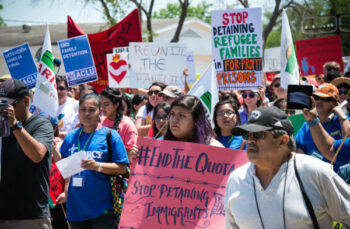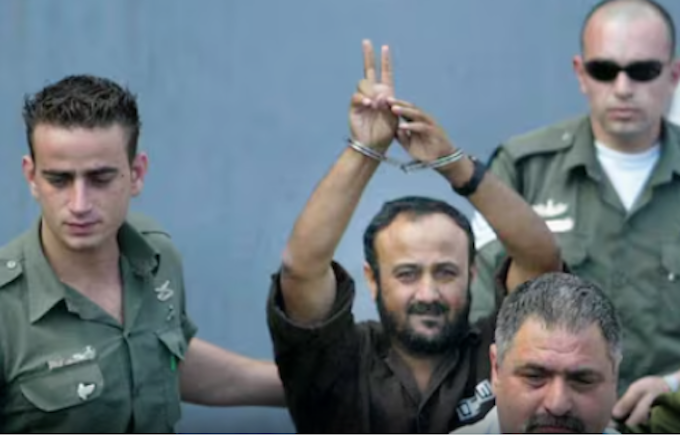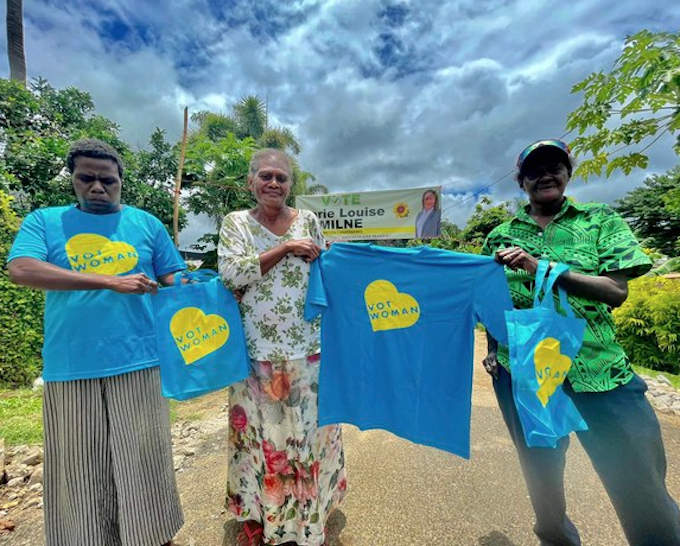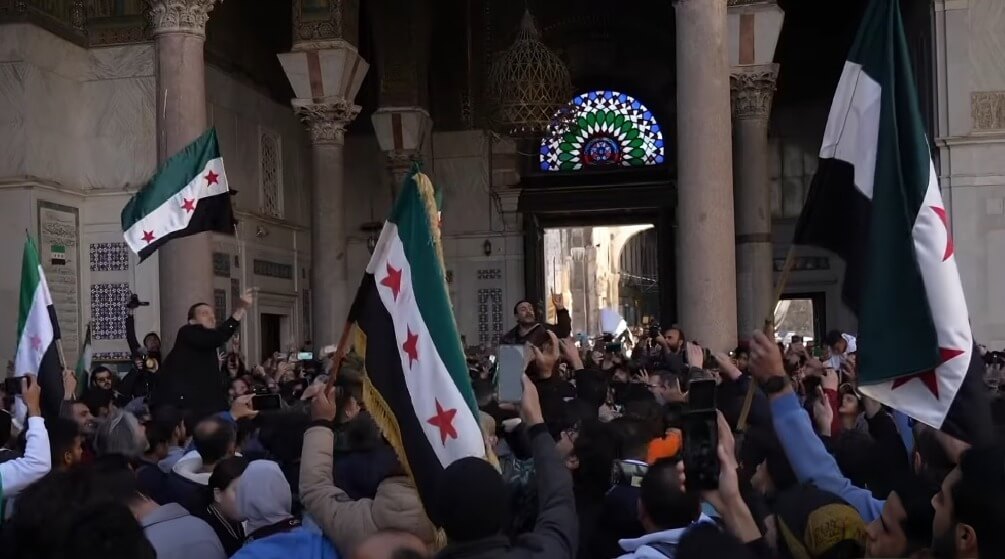An Al-Jazeera Arabic special report translated by The Palestine Chronicle staff details how Israel’s military strategy in Gaza, aimed at dismantling Hamas and displacing Palestinian civilians, has failed after 470 days of conflict.
ANALYSIS: By Abdulwahab al-Mursi
On May 5, 2024, nearly seven months into Israel’s ongoing genocidal war on Gaza, Israeli Prime Minister Benjamin Netanyahu declared that the main goal of the war was to destroy Hamas and prevent it from controlling Gaza.
However, over 250 days since this statement, and 470 days into the Israeli aggression, it has become clear that Netanyahu’s promises have faded into illusions.
In the early hours of the first phase of the ceasefire on Sunday, Israeli military radio reported that Hamas forces were reasserting their control over Gaza, stating that Hamas, which had never lost control of any part of the territory during the war, was using the ceasefire to strengthen its grip.
This development highlights the gap between Israel’s strategic objectives and the reality on the ground, as images from Gaza continue to reveal widespread devastation and loss of life, yet Hamas remains firmly in control.
Popular Support: The backbone of Hamas
Military literature highlights the concept of “Center of Gravity” (COG) for military organisations, a concept that can vary depending on the organisation and context.
In the case of Hamas and Palestinian Resistance, the central element of their strength lies in the support of the local population.
This grassroots support provides Hamas with invaluable social depth, a continuous supply of human resources, and strong strategic backing.
The popular support and belief in the resistance’s strategic choices and leadership have allowed Hamas to maintain its popular mandate to achieve Palestinian national goals.
Recognising this, Israel has targeted Gaza’s civilian infrastructure both militarily and psychologically, aiming to raise the costs of supporting the resistance and weaken Hamas’s popular base.
Israel has treated Gaza’s entire civilian infrastructure as military targets, believing that expanding the death toll among civilians and inflicting maximum suffering would force the population to turn against Hamas.
Yet, despite these efforts, images of celebrations in Gaza, even in areas heavily targeted by Israel, underscore the exceptional nature of the Gaza situation, where resistance culture is deeply rooted and unyielding.
The strategic consciousness of Gaza’s people
There appears to be a collective strategic awareness among Gaza’s people to maintain a victorious image at all costs, even in the midst of devastating humanitarian crises.
This desire to project an image of resistance and triumph, despite the overwhelming tragedy, has led to spontaneous public displays of support for Hamas and resistance forces, reinforcing their resolve against the Israeli onslaught.
Failure of forced displacement plans
In the initial weeks of the war, Israel revealed its plan to forcibly relocate Gaza’s population.
Israeli media outlets reported in October 2023 that Netanyahu had proposed relocating Gaza’s residents to other countries.
However, after months of war, Gaza’s residents have shown an unshakable determination to remain, with displaced individuals in refugee camps celebrating their return to their homes, despite the widespread destruction they have suffered.
In northern Gaza, particularly in Beit Lahiya, Beit Hanoun, Jabaliya, and Shuja’iyya, Israel’s attempts to prevent the return of displaced residents became a significant obstacle to a ceasefire agreement, delaying it for months.
Israel’s plan, known as the “Generals’ Plan” by former Israeli military advisor Giora Eiland, aimed to create a buffer zone in northern Gaza by applying immense military and living pressures on the population.
However, as evident from the ongoing images from the region, the displaced population continues to resist and return, undermining Israel’s relocation goals.
Hamas’s military structure endures
One of Netanyahu’s primary goals was to dismantle Hamas’s military wing, the Al-Qassam Brigades.
However, in the early hours of the first phase of the ceasefire, images showed Hamas fighters organising military parades in southern Gaza, signalling the resilience of Hamas’s military structure even before the ceasefire officially began.
Despite Israeli claims of killing thousands of Hamas fighters and destroying significant portions of Gaza’s tunnel network, the rapid and organized emergence of Al-Qassam forces on the ground suggests that these Israeli claims may have been aimed more at reassuring the Israeli public about the progress of the war, rather than reflecting the true situation on the ground.
Failure of post-war plans
In December 2023, Netanyahu rejected Palestinian proposals that Hamas be included in Gaza’s post-war governance, insisting, “There will be no Hamas in the post-war period; we will eliminate them.”
Throughout the war, Israel attempted various unilateral methods to manage Gaza, including direct military administration and creating a new technocratic authority with local leaders, but all efforts failed.
Israeli military attempts to distribute humanitarian aid in Gaza also proved ineffective, as the army struggled to manage these operations.
As the conflict nears what is supposed to be its final phase, the governance structure in Gaza has not changed.
Hamas’s leadership, especially the Al-Qassam Brigades, continues to operate effectively, and the ceasefire agreement has allowed for the resumption of local security forces.
Even after Israel’s targeted assassinations of 723 members of Gaza’s police and security apparatus, the resilience of Gaza’s security forces has remained evident.
This failure of Israel’s post-war vision was highlighted by a comment from a political analyst on Israeli i24 News, who questioned the results of the prolonged military operation: “What have we achieved in a year and five months?
“We destroyed many homes, lost many of our best soldiers, and in the end, the result is the same: Hamas rules, aid enters, and the Qassam Brigades return.”
Republished from The Palestinian Chronicle with permission.
This post was originally published on Asia Pacific Report.







